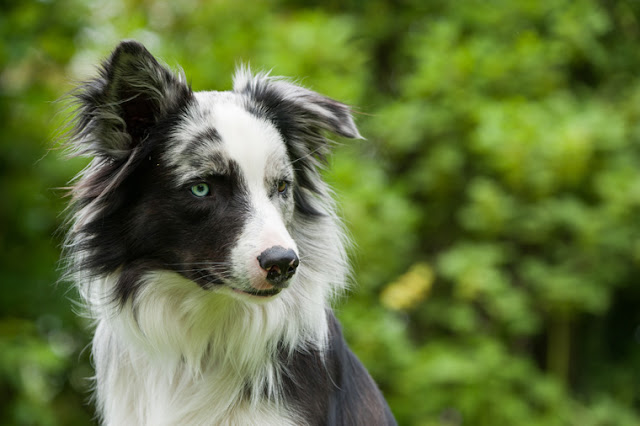The Secret History of Kindness: Companion Animal Psychology Book Club

The book for December was The Secret History of Kindness: Learning from how dogs learn by Melissa Holbrook Pierson. By Zazie Todd, PhD This page contains affiliate links which means I may earn a commission on qualifying purchases at no cost to you. The Secret History of Kindness: Learning from How Dogs Learn is a history of clicker training, from B.F. Skinner’s studies of operant conditioning and the development of the field of behaviourism through to present day dog training. It covers Skinner’s rise and fall within Psychology, including the devastating effect of Chomsky’s review of Skinner's book Verbal Behaviour . It also details the work of Marian and Keller Breland via Animal Behavior Enterprises, Bob Bailey, Karen Pryor, Jean Donaldson, and the author’s own experiences of attending Clicker Expo. Interwoven through the history are stories about Pierson’s own dogs, and what it was like to learn to live with them and train them. She is a fine writer and I enjoyed




